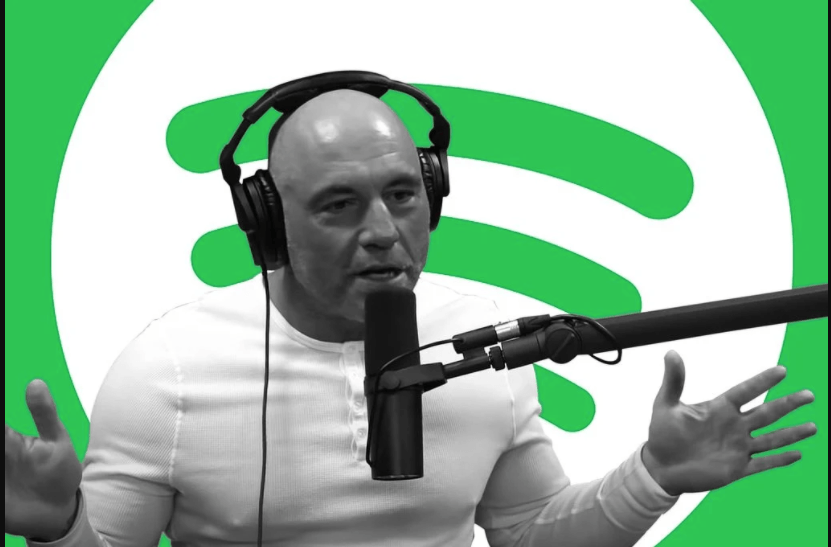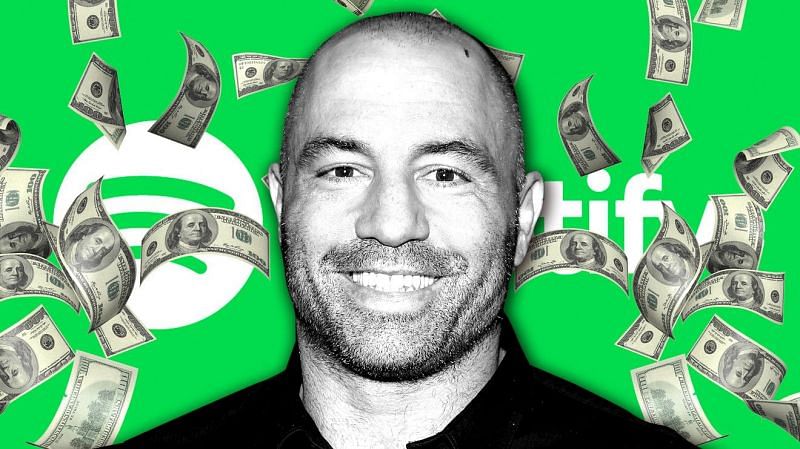
I mean, whether it's, you know, the new one that launch, I think you mentioned there's Panoply, there's also- what's the one with the billboards all over the city that were yellow and it's a subscription for podcasts.ĭAN ROBERTS: Yes, thank you.

MYLES UDLAND: Yeah, I think very interesting just to see that move so aggressively kind of in this environment when, look, there's been reporting- we've talked about on the show- are people listening to podcasts less? What are they going to do as our routines are broken, but certainly Spotify feels like they can kind of take advantage of this period, and the stock is up about nine and a half percent right now, $176 per share.ĭAN ROBERTS: And guys, just quickly, you know for Spotify, it's a no brainer, because Rogan's audience is big enough that I'm tempted to think the audience doesn't really care what platform it is. That gets a name on a map, and that gets you into that ecosystem, and maybe that is the moat for Spotify. And these are the kind of deals that we sort of saw at the beginning of cable or streaming, and you talk about Howard Stern. But if it's exclusive and you have to go to that place, that's going to make a difference. And it kind of depends on which one I pulled up, or if I'm in the car, or if I'm on Alexa. JEN ROGERS: You need a moat, and that's why you need exclusive content, because otherwise there's a ton of places I can go get my podcast. And so, Joe Rogan, he talks for three hours. They've been very aggressive in the podcast space, and they're trying- you know, they view their tam as every pair of ears in the world. That was what 15, 20 years ago, something like that? This feels similar, and it feels like Spotify, given the ringer acquisition, given what we did with Panoply last year.

Rogan's been at this a long time, and I've seen a number of people make the comparison to the Howard Stern moving to serious news.


 0 kommentar(er)
0 kommentar(er)
